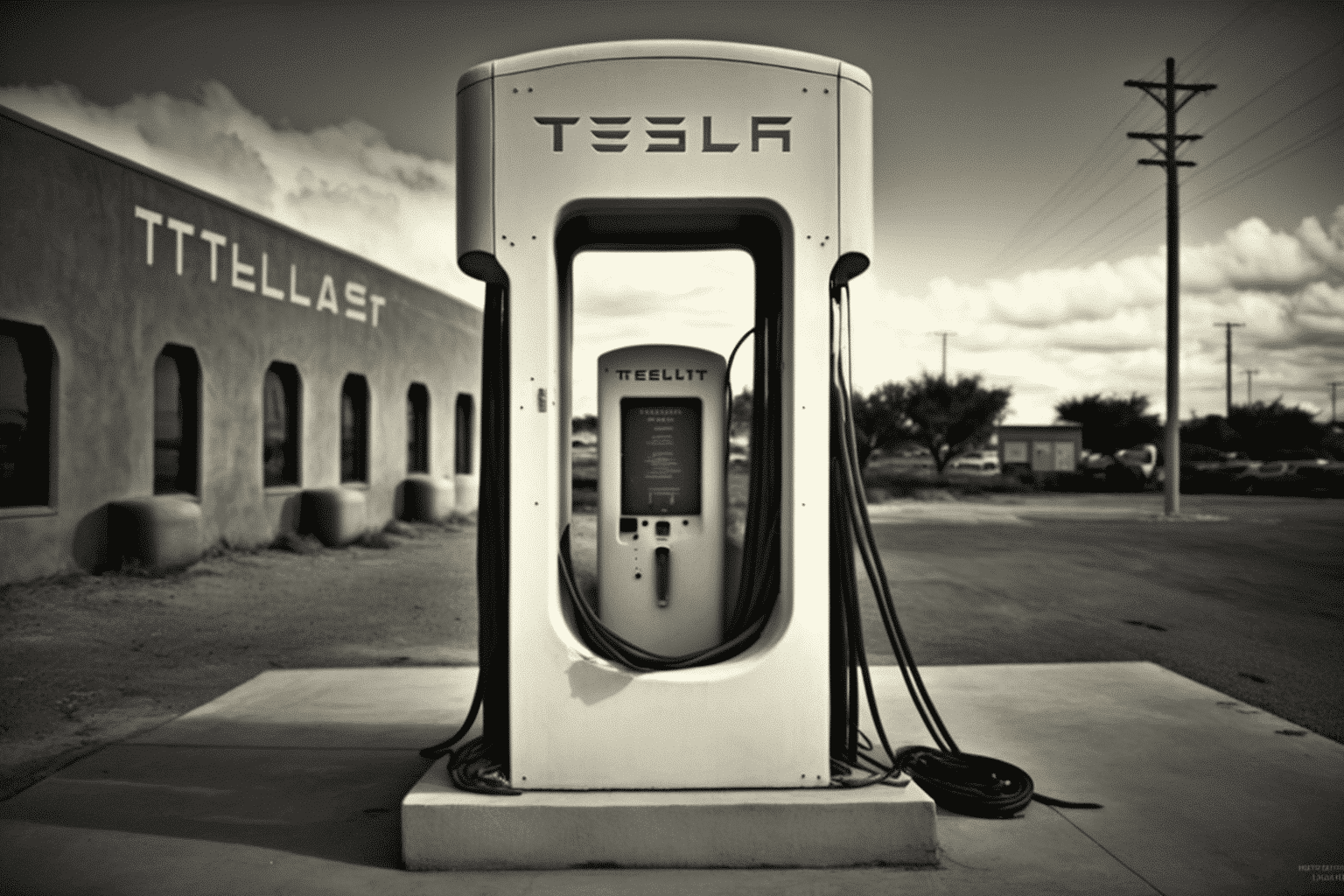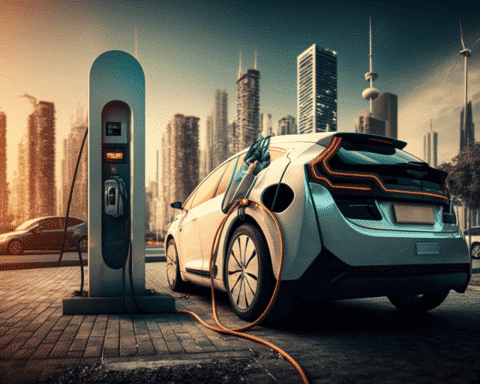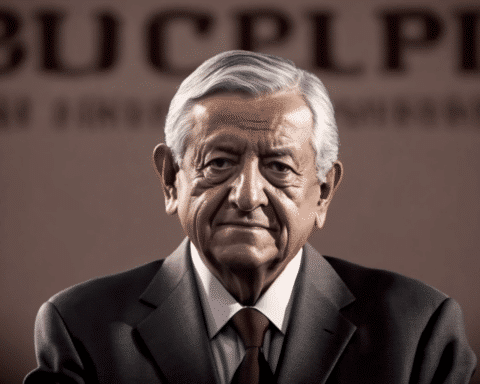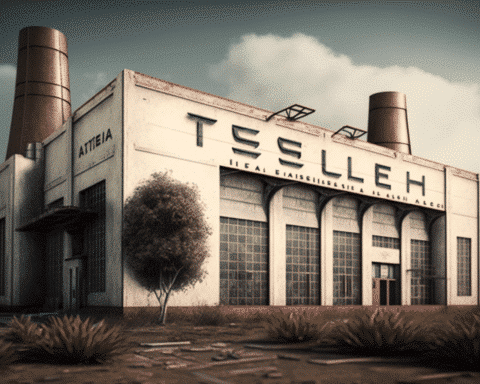The White House has announced that electric car manufacturer, Tesla, will make some of its charging stations accessible to all US electric vehicles (EVs) by 2024.
This move, which is a first for Tesla, aims to increase EV use and reduce the nation’s carbon footprint, in line with President Joe Biden’s goal of having 50% of new US car sales be electric by 2030.
The White House stated that at least 7,500 chargers from Tesla’s Supercharger and Destination Charger network will be available to non-Tesla EVs.
Transportation Secretary Pete Buttigieg emphasized that the aim is to ensure that “no matter what EV you drive, we want to make sure that you will be able to plug in, know the price you’re going to be paying and charge up in a predictable, user-friendly experience.”
The Transportation Department has set new standards to make EV charging networks convenient and reliable for all Americans, with the requirement that EV chargers funded through the infrastructure law be built in the US and 55% of the cost of all components must come from the US by July 2024.
Industry analysts have welcomed the agreement to open Tesla’s charging network to non-Tesla EVs as a positive step.
The plan will allow Tesla to be eligible for federal grants to create a nationwide charging network and put the US closer to its EV charging goals, as Tesla, General Motors, EVgo, Pilot, Hertz, and other companies have agreed to add thousands of public charging ports in the next two years.
Tesla will set up charging sites in public spaces in urban and rural locations, and all EV drivers will be able to access these stations through the Tesla app or website.
The agreement between Tesla and the Biden administration is seen as a sign of improved relations between the two parties after Tesla CEO Elon Musk and White House officials discussed the EV industry and electrification of the US economy in a meeting last month.
The Treasury Department recently made more EVs eligible for tax credits of up to $7,500, and Tesla raised prices on its Model Y SUV after the announcement.
Overall, the plan to open up Tesla’s charging network is a potential game-changer in promoting EV use and overcoming the lack of high-quality public chargers, which has hindered EV sales growth.
The move by Tesla to open up its charging network is expected to positively impact the wider EV industry, making charging an EV easier and more convenient for all drivers, regardless of the vehicle they drive.
The availability of a reliable and widely accessible charging network will also boost consumer confidence in EVs and encourage more people to switch from gasoline-powered vehicles to EVs.
Moreover, the plan is in line with the Biden administration’s efforts to fight climate change and promote clean energy.
The White House’s goal of having 50% of new US car sales be electric by 2030 is ambitious, but the availability of a widespread and accessible charging network will help to make this goal achievable.
By making charging an EV as easy as filling it up at a gas station, the Biden administration aims to make EVs a more appealing and practical choice for American drivers.
Tesla’s decision to open up its charging network is a significant step towards promoting EV use and reducing the nation’s carbon footprint.
The move will help to make EVs more accessible and convenient for all drivers and will play a critical role in achieving the Biden administration’s goals for clean energy and a more sustainable future.




